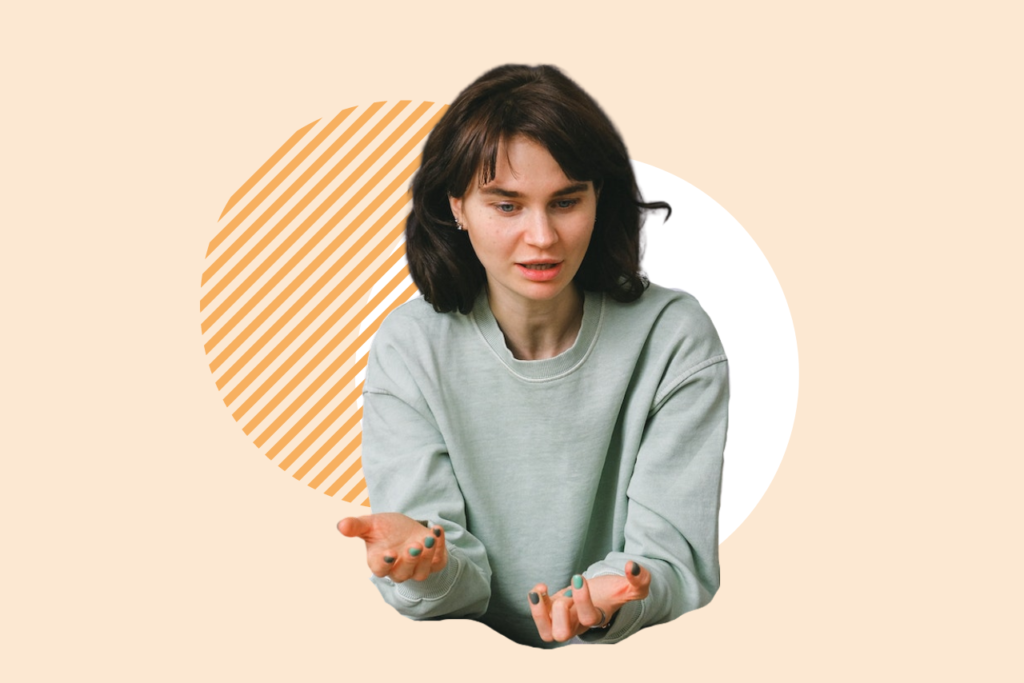Everyone experiences bouts of sadness and grief; it’s part of the human condition and, without doubt, a product of our increasingly uncertain times. However, when that sad mood lasts for more than two weeks or is having a major impact on your everyday life, then many experts would define this as depression.
It’s thought that around 21 million US adults have suffered a major depressive episode at some point in their life, whilst here in the UK, one in four adults will experience a mental health problem each year.
Besides feelings of despair, major depression may bring symptoms of low energy, poor appetite, and emotional numbness, which can affect pretty much every facet of your life. Today, we’ve spoken to the team at TherapyRoute, who facilitate easy access to professional assistance, to understand the different types of talking therapy used to treat depression.
Cognitive Behavioural Therapy
Cognitive behavioural therapy is a treatment that helps a person pinpoint negative thoughts and behaviours and discover ways to change them. This can be beneficial to individuals who suffer from low mood or depression, as you learn tools that help you separate your thoughts from your feelings and, ultimately, your actions.
Many scientific studies have shown that CBT can be an effective tool in treating depression. For example, it has been reported that this form of therapy brings similar results as antidepressants. In fact, it was uncovered that people who finished CBT sessions were less likely to ‘relapse’ into depression than people who took medication alone to treat the mood disorder.
Another study which found that an individual who receives cognitive behavioural therapy often shows marked improvement of symptoms seems to support the effectiveness of CBT.

Dialectical Behaviour Therapy
Dialectical Behaviour Therapy is closely related to CBT, though this treatment focuses more on teaching a person how to identify, accept and regulate emotions. During a session, an individual learns how to challenge attitudes and feelings that prevent him or her from making positive life changes.
Usually, a person engages in a discussion, both with themselves and a wider supportive group, with the aim of identifying and defeating negative thoughts. Slowly, it becomes possible to begin improving behaviours through this approach. DBT tends to use more group work than CBT, with therapists in the former taking a more active role in encouraging positive change.
A 2016 study gave supportive evidence that dialectical behaviour therapy successfully treats depression. It stated that adolescents found improvement of depression symptoms after DBT sessions.
Behavioural Activation
‘’It’s good to talk’’, as they say, and a talking therapy that is similar to both DBT and CBT is behavioural activation. Again, this type of therapy aims to target the discrepancies between a person’s behaviours and thoughts, and it’s common that it’s used along with other techniques to develop holistic and long-term coping mechanisms that decrease depression.
Often, an individual with depression avoids activities that involve socialisation. A therapist will use behavioural activation to create positive reinforcement so that a person makes a plan of action and follows it. In this manner, avoidant behaviours (such as retreating from social circles) can be overcome. In other words, a person builds their confidence as he or she achieves realistic goals. In the end, this reinforces the accomplishments, creating a cyclical, self-fulfilling improvement.
Behavioural activation is often used as a tool within a complete holistic treatment plan. Although certain scientists have concluded that more studies are necessary to prove the efficacy of behavioural activation, some research has shown that this treatment does help individuals with mild to moderate depression. In most cases, this therapy achieves best results with full-scale, widely-ranging treatment.
Problem-Solving Therapy
This talking therapy technique aims to help a person cope with the stresses of life, especially those life events that bring a marked negative impact to his or her mental health. Even though most people deal with certain levels of stress each day, certain individuals take these problems harder than others. This can lead to depression and anxiety.
Through problem solving therapy, a person uses methods like mindfulness to cope with deep stress; doing so may help sufferers learn how to process negative emotions more sustainably during difficult times.
Interpersonal Therapy
Studies have shown that interpersonal therapy may help people who are affected with mild to moderate depression, teaching individuals how to deal with problematic interpersonal interactions and to develop better relationships. More specifically, IPT aims to target a person’s actions and reactions to such interactions.
In general, this kind of treatment is not long-term. During sessions, a therapist helps an individual pinpoint essential (and often problematic) relationships, learn how these relationships affect his or her mental health, and develop ways to improve these relationships.
How Long Does It Take For Therapy To Treat Depression?
No two people are alike, and no two cases of depression stem from the exact same mix of causes. Accordingly, symptoms differ from individual to individual. Since there is no set treatment for this condition, the length of necessary therapy will depend on different variables, including:
- Severity of symptoms
- Frequency of therapy
- If treatment is followed/practised
- If a co-occurring disorder is present
Should I Use Therapy Or Medication For Depression?
In the past, medication for depression (most commonly found in the form of Selective serotonin reuptake inhibitor, often referred to as SSRIs) was more widely prescribed, but in recent years, medical bodies have been keen to discourage an over-reliance on such medication.
Interestingly, some of the most successful outcomes occur when people are prescribed medication along with therapy, but it can be tricky to uncover the perfect balance. Therefore, it is essential to consult with a medical professional and a licensed therapist to develop a solid, sustainable treatment plan which can be monitored for efficacy and effectiveness, and tweaked if needed to better suit your needs.
*This article is not intended to replace medical advice, diagnosis or treatment given by a qualified mental health professional. Instead, this article only provides information, not advice. For any medical enquiries, always consult your GP first*





